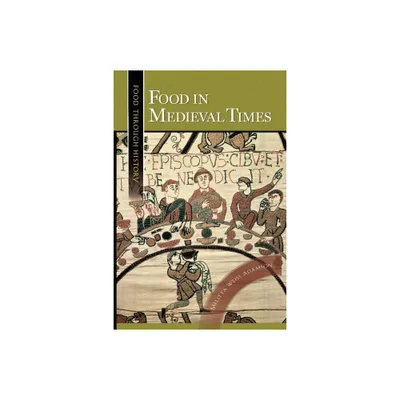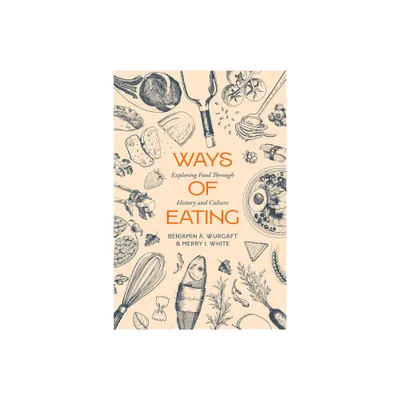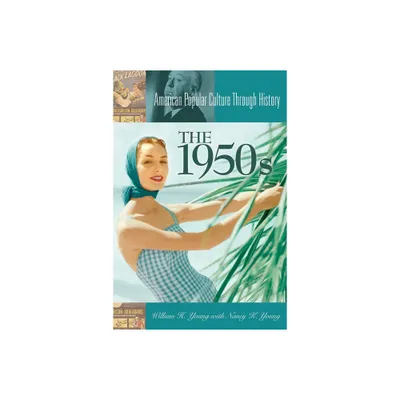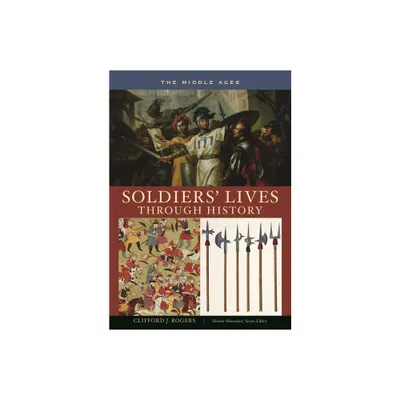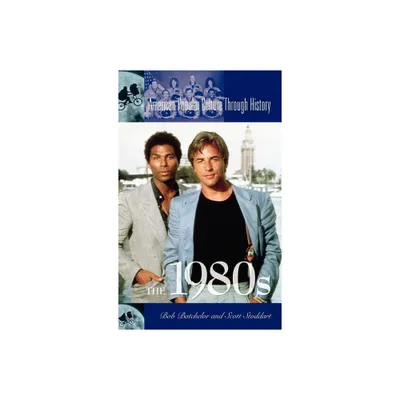Home
Ways of Eating: Exploring Food through History and Culture
Loading Inventory...
Barnes and Noble
Ways of Eating: Exploring Food through History and Culture
Current price: $19.99


Barnes and Noble
Ways of Eating: Exploring Food through History and Culture
Current price: $19.99
Loading Inventory...
Size: Audiobook
*Product Information may vary - to confirm product availability, pricing, and additional information please contact Barnes and Noble
What we learn when an anthropologist and a historian talk about food.
From the origins of agriculture to contemporary debates over culinary authenticity,
Ways of Eating
introduces readers to world food history and food anthropology. Through engaging stories and historical deep dives, Benjamin A. Wurgaft and Merry I. White offer new ways to understand food in relation to its natural and cultural histories and the social rules that shape our meals.
Wurgaft and White use vivid storytelling to bring food practices to life, weaving stories of Panamanian coffee growers, medieval women beer makers, and Japanese knife forgers. From the Venetian spice trade to the Columbian Exchange, from Roman
garum
to Vietnamese nớc chấm,
provides an absorbing account of world food history and anthropology. Migration, politics, and the dynamics of group identity all shape what we eat, and we can learn to trace these social forces from the plate to the kitchen, the factory, and the field.
From the origins of agriculture to contemporary debates over culinary authenticity,
Ways of Eating
introduces readers to world food history and food anthropology. Through engaging stories and historical deep dives, Benjamin A. Wurgaft and Merry I. White offer new ways to understand food in relation to its natural and cultural histories and the social rules that shape our meals.
Wurgaft and White use vivid storytelling to bring food practices to life, weaving stories of Panamanian coffee growers, medieval women beer makers, and Japanese knife forgers. From the Venetian spice trade to the Columbian Exchange, from Roman
garum
to Vietnamese nớc chấm,
provides an absorbing account of world food history and anthropology. Migration, politics, and the dynamics of group identity all shape what we eat, and we can learn to trace these social forces from the plate to the kitchen, the factory, and the field.
